 One Wall Street
One Wall Street
Condos currently under development present more risks to lenders than completed condos, coops, or other constructions. Typically, it is impossible to get a mortgage without an appraisal of the unit being purchased. If a condo is under construction, this is impossible since, depending on the stage of the project, there may be no unit to appraise. But this isn’t where the risks end. In addition, lenders have no certain way to determine when a project will reach completion nor how many units will end up selling in the unit and at what price. These factors combined make financing new construction condos, especially at the early stage of a project, far more risky than funding most other types of residential or commercial properties.
However, that is not to say that financed buyers are out of luck when purchasing a new construction condo. This article looks at extra considerations these buyers must take, not to mention additional financial implications of buying in one of these buildings.
Guide to Buying in a New Construction Condo, Part 1
Guide to Buying in a New Construction Condo, Part 2
Guide to Buying in a New Construction Condo Part 4 +
Final sponsor availabilities in nearly sold-out buildings
However, that is not to say that financed buyers are out of luck when purchasing a new construction condo. This article looks at extra considerations these buyers must take, not to mention additional financial implications of buying in one of these buildings.
Guide to Buying in a New Construction Condo, Part 2
Guide to Buying in a New Construction Condo Part 4 +
Final sponsor availabilities in nearly sold-out buildings
In this article:
Securing financing and getting preapproved
Securing financing for a new construction condo depends on several factors, including the stage of the development and the number of units sold.- Stage 1: When less than 15% of a development’s units are under contract, the development has not yet been declared effective (i.e., the development’s offering plan doesn’t yet include an effectiveness amendment, which is issued by the New York State Attorney General’s office). During this stage, most units are purchased as all-cash deals or with low financing using a preferred lender (keep reading to learn about preferred lenders).
- Stage 2: After a development has been declared effective by the Attorney General’s office but before 50% of the units are under contract, potential buyers typically continue to face limited financing options since many lenders won’t finance new condos until at least 50% of the units have found buyers. Notably, this is also consistent with Fannie Mae regulations on financing for condos, which clearly states that Fannie Mae financing is only applicable when “At least 50% of the total units in the project or subject legal phase must have been conveyed or be under contract for sale to principal residence or second home purchaser.”
- Stage 3: In the final stage, after at least half of the units are under contract, new construction condo buyers typically find far more financing options available but may still face restrictions not found when pursuing the purchase of a resale residential property.
Pros and cons of working with a preferred lender
Given the hesitance of lenders to finance new construction condos, for early-stage developments, developers must work with preferred lenders. A preferred lender is a bank that has agreed to finance units in the condo before the condo has sold at least half of its units. Working with a preferred lender is preferable since the lender has already decided in advance that they are confident in the developer’s project. For this reason, while the lender will still want to scrutinize any potential buyer’s finances, they won’t be assessing the development itself. In most cases, this accelerates the path to preapproval. However, working with a preferred lender can also limit a potential buyer’s ability to shop around for a more competitive rate.Getting prequalified or preapproved
Like any other real estate purchase, the first step for buying in a new construction condo is to seek prequalification and preapproval.- Prequalification: Based on your declared income, a credit check, basic banking information, and the amount of money you plan to bring to the table, prequalification confirms your eligibility for a mortgage and gives you an estimate of how much financing you can likely acquire. This is typically the first step and may take just a few hours.
- Preapproval: Preapproval, which often takes up to two weeks and can take longer, is a more complex process. The following section details the paperwork you should be prepared to share when seeking preapproval.
Preparing your required paperwork
While the actual list of documents required to be approved for a mortgage will vary depending on your sources of income and the lender, in most cases, anyone seeking financing for a new construction condo should be prepared to present the following documents to their potential lender:Personal identification
Driver’s license, passport, Social Security card, and/or individual taxpayer identification number
Proof of incomePay stubs from the past month
W-2 forms from the past two years
Two most recent bank statements (some lenders may ask for six months to a year’s worth of bank statements)
Personal tax returns from the past two years
Most recent end-of-year pay stub if you include bonuses and overtime into income
If you’re a freelancer, you’ll also need to provide 1099s (for one to three years) and a profit-and-loss statement for the current financial year
Investment accountsIf you have investment accounts, you’ll also need to be prepared to share these accounts with the lender
Credit reportYou don’t have to provide your credit report, but be prepared to give the lender permission to pull your report
A list of monthly expenses, including:Car loans
Credit cards
Home insurance
Homeowners association fees (HOAs)
Medical bills
Personal loans
Student loans
Gift letterIf you received any gifts to help cover your down payment, also be prepared to share a gift letter. This is a signed letter from the giver testifying the fact that the money has been gifted and not loaned to you and won’t need to be repaid now or at any point in the future.
Offering planLenders will also want to see a copy of the development’s offering plan and/or to gain access to the address of the development, the sponsor or developer’s name, and the development’s file number. They can pull the offering plan and any applicable amendment from New York State’s Offering Plan Database.
Proof of income
Investment accounts
Credit report
A list of monthly expenses, including:
Gift letter
Offering plan
The advantages of pursuing a cash-only purchase
Given the financing restrictions on new construction condos, there are many advantages to pursuing a cash-only purchase. The key advantages include the ability to get in earlier (even before the development has been declared effective), which may carry price advantages as well as attractive buyer concessions. Since cash-only purchases don’t require financing, they also typically take less time to close. Finally, in a high mortgage rate market, a cash-only deal will also offer massive savings over time.Considerations for foreign buyers
Foreign buyers nearly always face increased scrutiny from condo boards and coop boards. There are two reasons boards are often hesitant to approve foreign buyers. First, it is more difficult to assess the creditworthiness of a foreign buyer. Second, many condo and coop boards worry, albeit usually falsely, that foreign buyers may leave the country and fail to continue paying their HOA or coop fees. Fortunately, when you buy a sponsor unit in a new construction condo development, there is no board interview or approval process. For foreign buyers who don’t require financing, purchasing a sponsor unit in a new construction condo can also be a great investment. More information on buying and selling New York City real estate as a foreigner may be found here.Making an Offer and Negotiating with Developers
There are several steps one must go through to make an offer on a new construction condo. There are also many potential points of negotiation that can help lower one’s cost, especially at closing.The steps involved
- File a REBNY Financial Statement: You can’t make an offer without first filing a REBNY Financial Statement.
- Get prequalified or preapproved.
- Make an offer: At the very least, your offer should include the offer price, down payment terms, contingencies, and desired closing date and outside date (an established date by which the unit must be ready for move-in).
- Review the offering plan with your attorney.
What is negotiable when making an offer?
When you’re putting in an offer on a new construction condo, a lot can be negotiated. Since you’ll be negotiating with a sponsor or developer and not an individual seller, it is essential to have both an experienced real estate agent and a real estate attorney on your team. Common concessions on new construction condos include:Deposit structure: When buying a new construction condo that may be many months or years away from occupancy, the deposit structure can occasionally be extended. That said, while this practice is common in many other cities, the ability to pay only a fraction of your deposit at the time of purchase and deliver the remaining down payment before the move-in date is still rare in New York City. Like most other factors, the ability to negotiate an atypical deposit structure depends on the current state of the market.
Fees: All condos have HOA (homeowners association) fees, but when purchasing a new construction condo that has not yet established a condo board, the fees are typically not yet set. This is why it is also important to at least establish thresholds for HOA fees in the offer.
Attorney fees: Attorney fees are typically higher on new condo closes than on closes for other types of residential properties. Fortunately, in some cases, the developer will agree to cover your attorney fees, though it’s not the norm when a buyer is purchasing a sponsor unit in a new or existing building.
Mortgage recording tax: If you’re relying on financing, you’ll need to pay a mortgage recording tax. In some cases, the buyer will cover this tax.
Mortgage points: In a market with high mortgage rates, buying mortgage points to lower your rate can be incredibly advantageous and lead to considerable savings over time. At least in a buyer’s market, some sponsors may be willing to pay for points.
Other closing costs: While sponsors are unlikely to cover all your closing costs, it never hurts to ask. Other closing costs you may want to download to the sponsor include the following:
Access to storage: If the condo includes storage, it may be possible to negotiate storage at no cost or at a reduced monthly rate.
Access to parking: If the condo includes on-site or nearby parking, it is sometimes possible to negotiate a parking spot during the initial offer or to negotiate access to a parking spot at a lower cost.
- New York State transfer taxes
- Mansion taxes (for any condo worth $1 million or more)
- Title insurance
- Move-in deposit
- Working capital fund (or reserve fund) fee
- Move-in fees
Access to storage: If the condo includes storage, it may be possible to negotiate storage at no cost or at a reduced monthly rate.
Access to parking: If the condo includes on-site or nearby parking, it is sometimes possible to negotiate a parking spot during the initial offer or to negotiate access to a parking spot at a lower cost.
Tax implications
Buying, financing, owning, and selling condos are all activities that are subject to different local and state taxes. This section covers them all.Taxes on new condos vs. resale condos and coops
If you’re purchasing a condo in New York City directly from a sponsor, there are typically three taxes that you’ll need to pay at closing:- Transfer tax: If you buy a resale condo or coop, the seller, rather than the buyer, typically pays the transfer taxes. If you buy a sponsor unit, whether it is in a new construction condo or an older building, the transfer tax is typically the buyer’s responsibility unless a concession was agreed upon during contract negotiations. If the value is $500,000 or less, the transfer tax rate is 1.425% of the unit’s price; if the value of the condo is more than $500,000, the rate is 2.625%.
- Mansion tax: If your condo is valued at $1 million or more, you’ll also pay a mansion tax, which starts at 1% for properties valued between $1 million and $1.999 million and can be as high as 3.9% for properties valued above $24 million.
- Mortgage recording tax: If you’re relying on financing, you’ll also be responsible for paying a mortgage recording tax of 0.5%. Notably, while coops are exempt, both new and resale condo sales that require financing are subject to a mortgage recording tax.
Tax abatements
In 2022, 68,637 housing units in new buildings were issued permits, setting a new record for issued permits in New York City. The spike wasn’t simply due to increased demand for housing units but also due to the expiration of the longstanding 421A tax abatement. The program, which dates back to the early 1970s, was launched to encourage the development of underutilized or vacant properties. In exchange for building in underutilized areas, developers who qualified received tax abatements for anywhere from 10 and 25 years. In turn, these tax breaks are passed along to buyers of units in the developers’ buildings. Leading up to the expiration of 421A on June 15, 2022, developers rushed to take advantage of the program, which means there is now an unusually high percentage of new condos on the market that come with an attractive bonus—a long-term property tax break.Condo taxes vs. fees
Condo taxes are paid by the owner to local tax authorities and are separate from HOA fees. By contrast, in coops, your fees cover both your building fees and taxes. As a result, if you’ve previously lived in a coop, be certain to factor in both your fees and taxes when buying a condo. Notably, one disadvantage of living in a condo versus a coop is that while some coops are able to absorb property tax increases by tapping into existing funds, if you live in a condo, when property taxes increase, the increase is your sole responsibility.
New Developments with Buyer Incentives
There's no question that the fees of buying a new construction condo can add up quickly on top of an already high sticker price. Fortunately, many developers recognize this and are prepared to offer incentives like mortgage buydowns, a year or two of free common charges, or the payment of mansion and/or transfer taxes to sweeten the deal. Others offer perks like storage, parking, or other services.
20 River Terrace
13 availabilities from $660K - $3.15M
No maintenance for 18 months on 3-bedrooms through June 30, 2025
13 availabilities from $660K - $3.15M
No maintenance for 18 months on 3-bedrooms through June 30, 2025
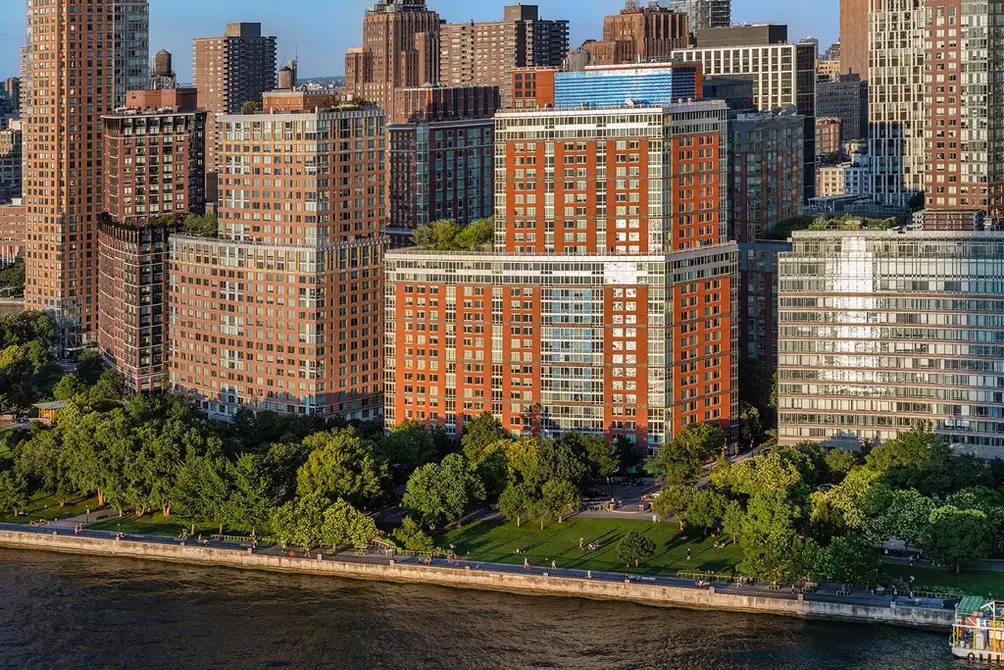 The Solaire (Evan Joseph)
The Solaire (Evan Joseph)
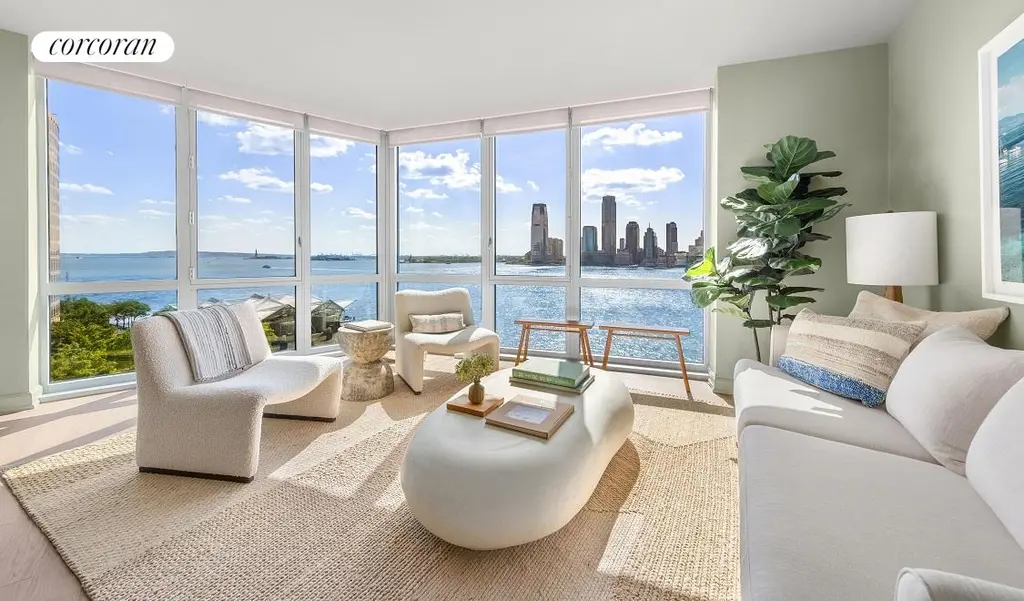
The Solaire, #9M (Corcoran Sunshine Marketing Group)
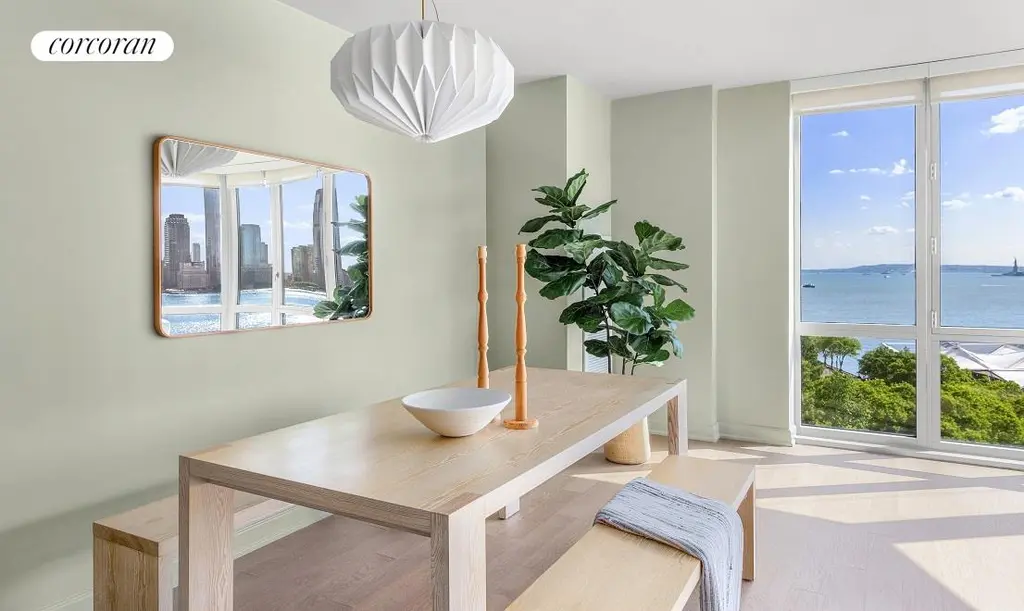
7 availabilities from $2.13M - $9.75M
Now Offering Limited-Time Incentive:
18-Month Complimentary Common Charges Credit
7 availabilities from $2.13M - $9.75M
Now Offering Limited-Time Incentive: 18-Month Complimentary Common Charges Credit
77 Greenwich Street, #31A
$3,765,000 (-25.1%)
Financial District | Condominium | 3 Bedrooms, 3.5 Baths | 1,983 ft2

77 Greenwich Street, #31A (Reuveni LLC)

1 Wall Street
18 availabilities from $895K - $9.75M
Sponsor paid transfer taxes and free common charges for 12 months
18 availabilities from $895K - $9.75M
Sponsor paid transfer taxes and free common charges for 12 months
 One Wall Street (One Wall Street Sales LLC)
One Wall Street (One Wall Street Sales LLC)
 There is a newly-opened Whole Foods in the base
There is a newly-opened Whole Foods in the base
One Wall Street, #3304
$9,750,000
Financial District | Condominium | 3 Bedrooms, 3.5 Baths | 2,968 ft2

One Wall Street, #3304 (One Wall Street Sales LLC)
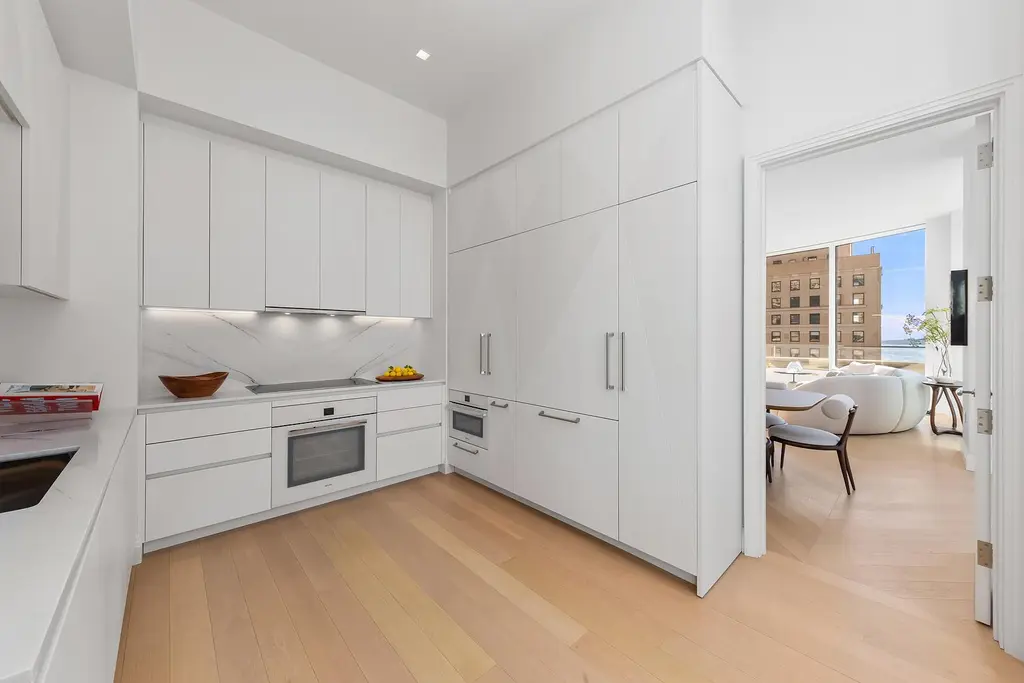
222 East Broadway
10 availabilities from $1.1M - $3.25M
Sponsor offering 5 years paid common charges for a limited time
10 availabilities from $1.1M - $3.25M
Sponsor offering 5 years paid common charges for a limited time
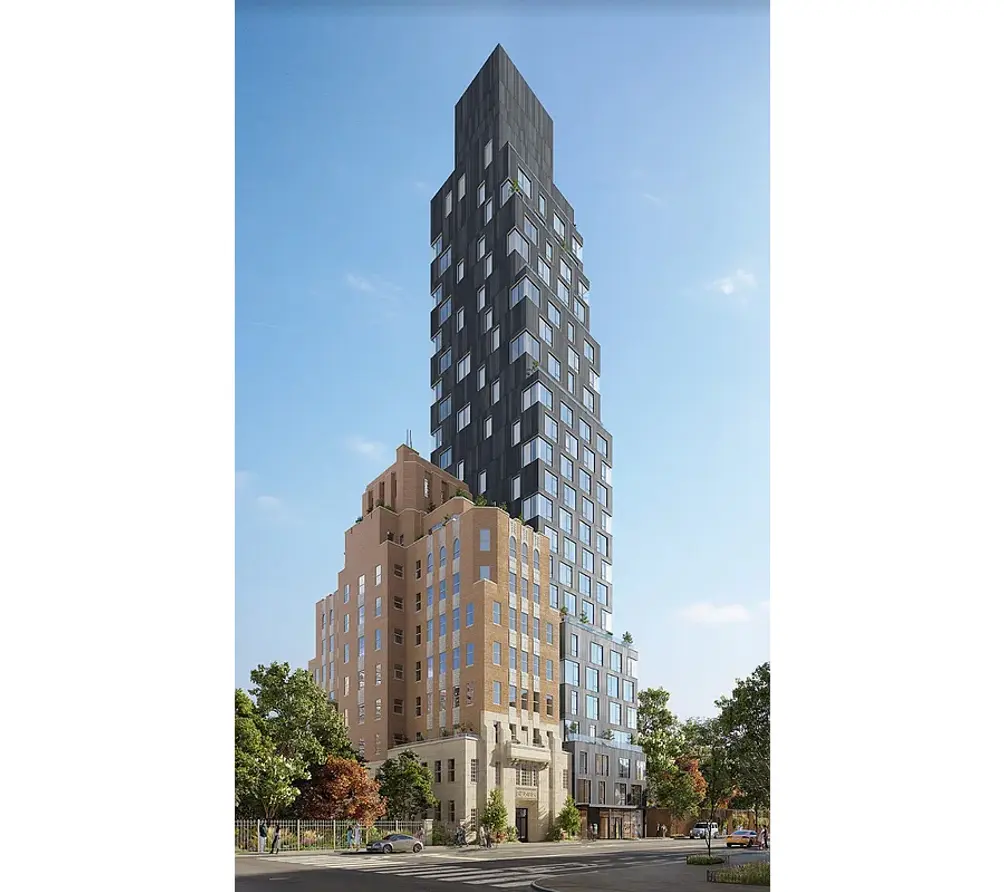 222 LES Tower + Lofts (Corcoran Group)
222 LES Tower + Lofts (Corcoran Group)
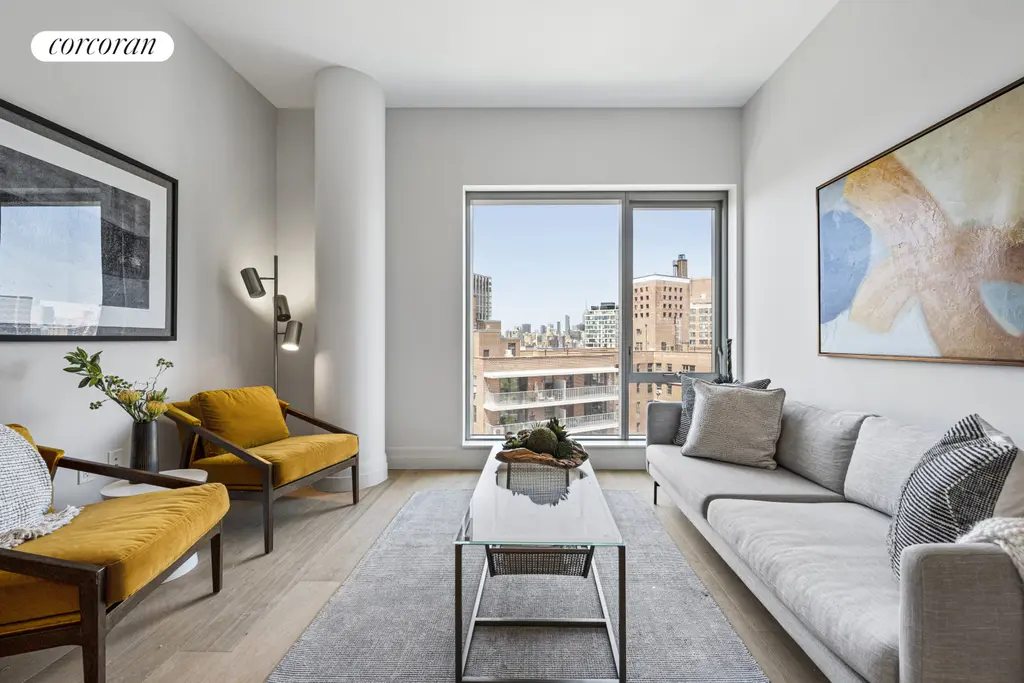
222 LES Tower + Lofts, #19B (Corcoran Sunshine Marketing Group)
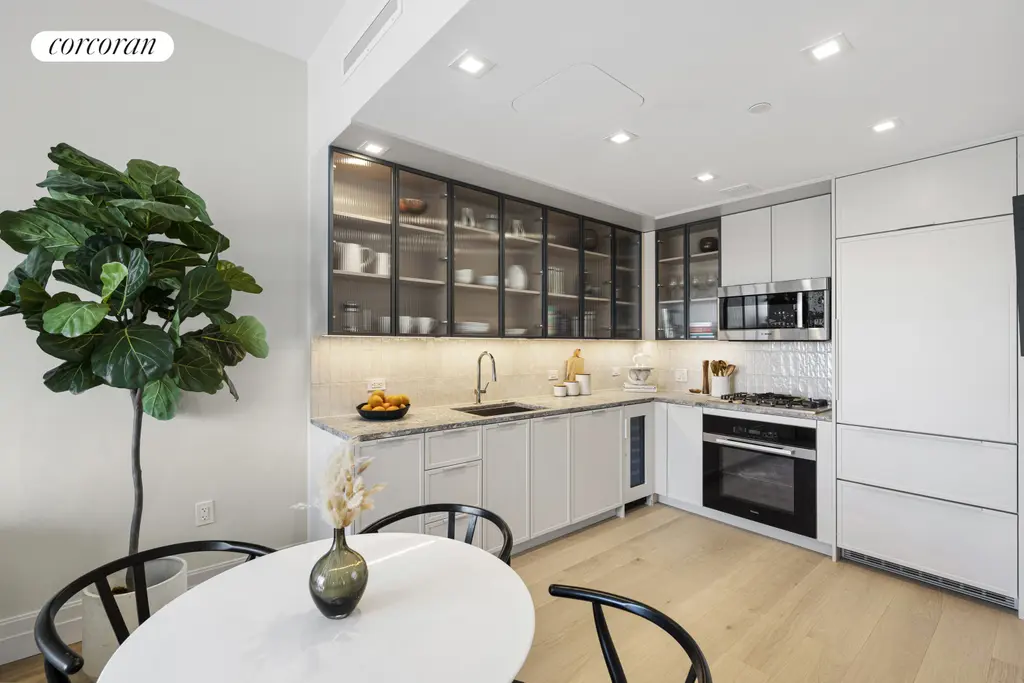
252 South Street
22 availabilities from $1.23M - $5.7M
20-year tax abatement in effect
Sponsor will pay 4 years of common charges and real estate taxes as a credit against the purchase of two- and three-bedrooms
22 availabilities from $1.23M - $5.7M
20-year tax abatement in effect
Sponsor will pay 4 years of common charges and real estate taxes as a credit against the purchase of two- and three-bedrooms
 One Manhattan Square (Evan Joseph)
One Manhattan Square (Evan Joseph)
One Manhattan Square, #45A
$2,797,000
Lower East Side | Condominium | 2 Bedrooms, 2 Baths | 1,163 ft2
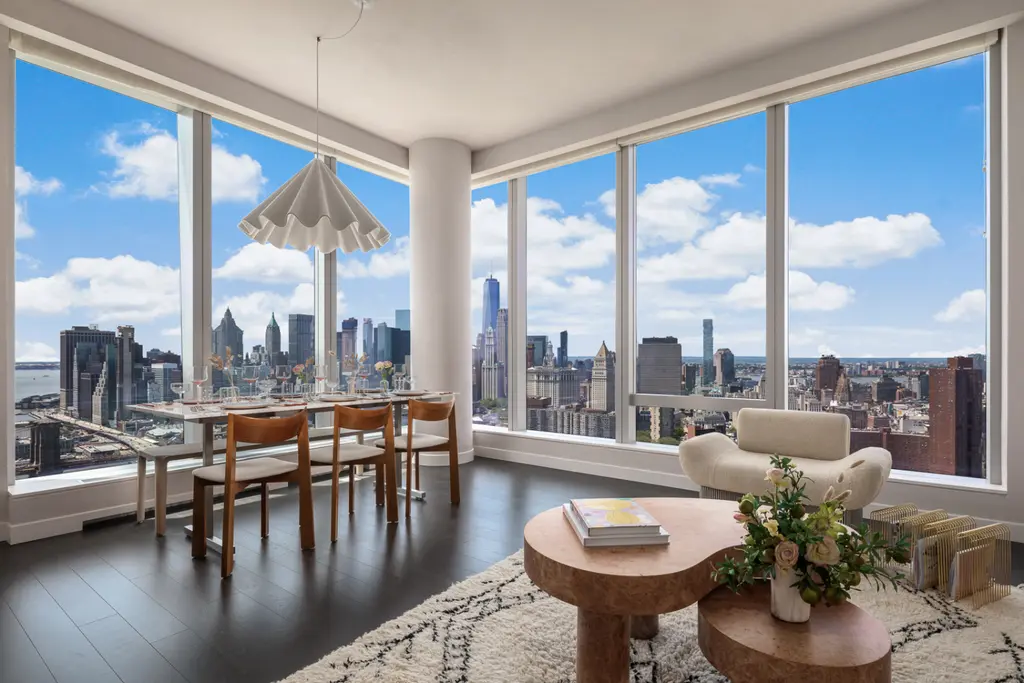
One Manhattan Square, #45A (Corcoran Sunshine Marketing Group)

Would you like to tour any of these properties?
Just complete the info below.
Or call us at (212) 755-5544
5 availabilities from $1.5M - $5.75M
2 years paid common charges on contracts signed by June 30, 2025
2 years paid common charges on contracts signed by June 30, 2025
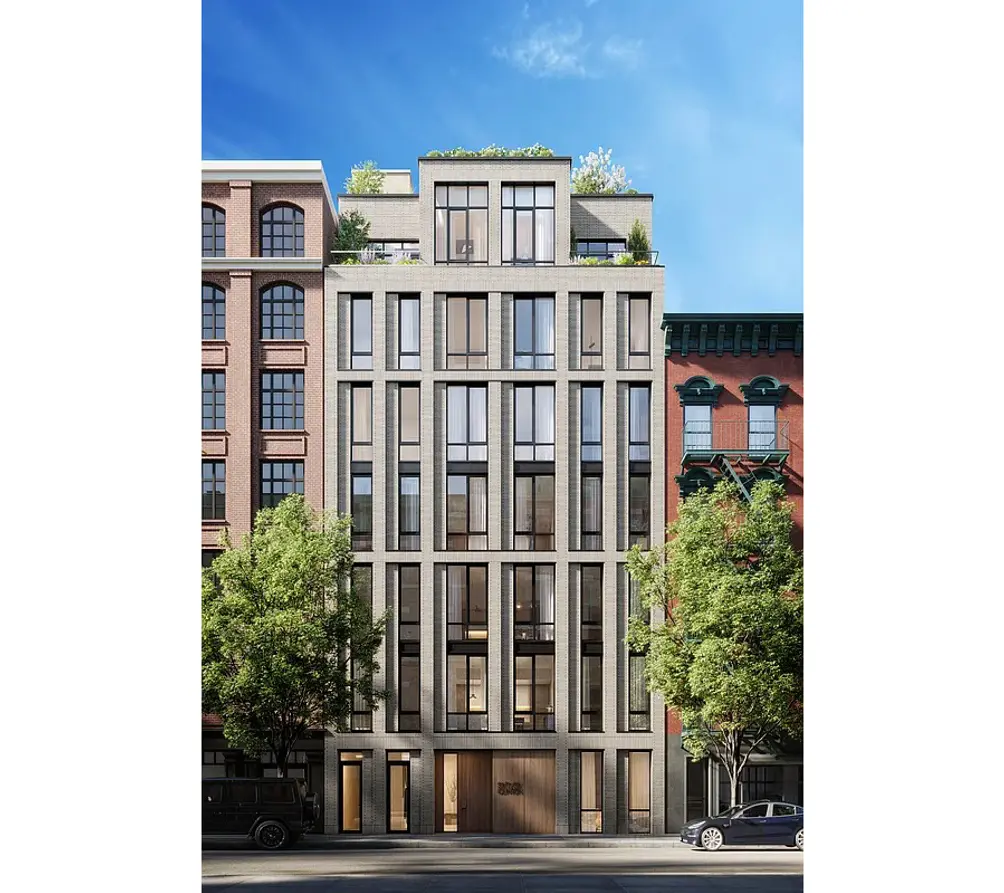 Sixty Six Clinton (Compass)
Sixty Six Clinton (Compass)
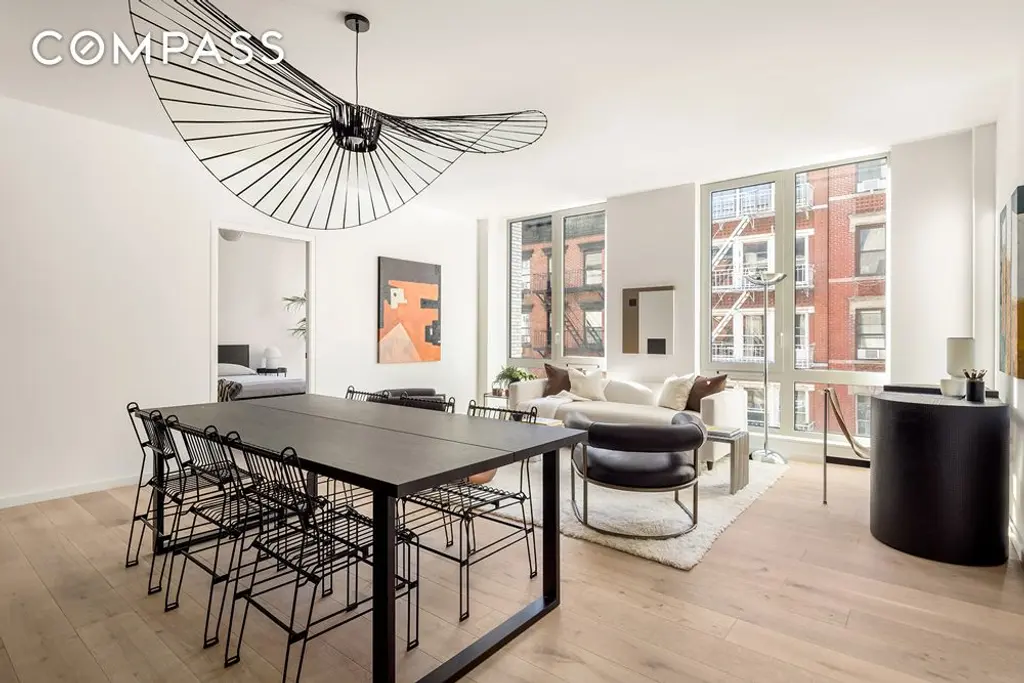
Sixty Six Clinton, #5A (Compass)
5 availabilities from $1.25M - $2.1M
6 months common charges paid through May 2025
6 months common charges paid through May 2025
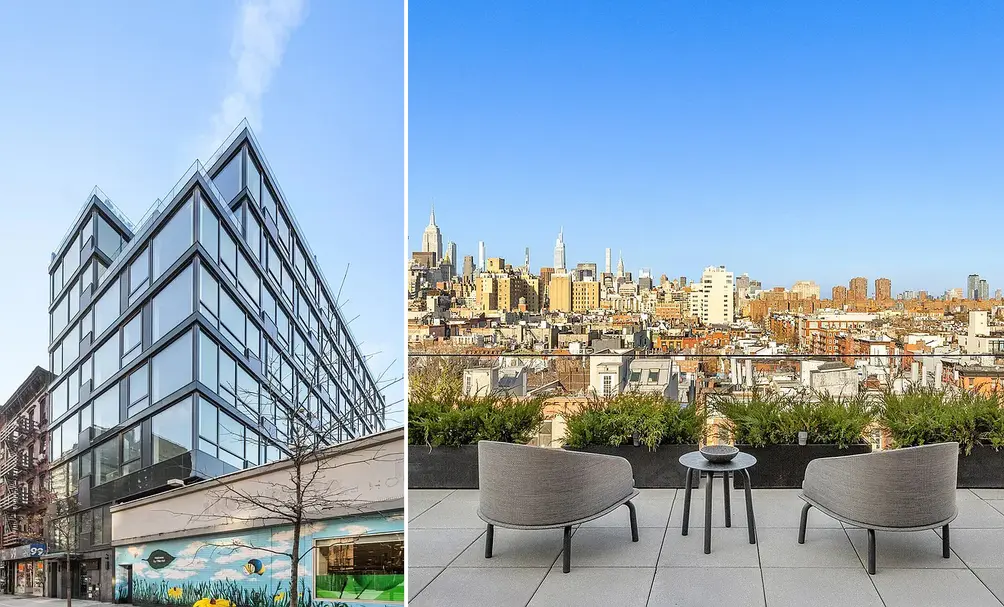 75 First Avenue (Serhant LLC)
75 First Avenue (Serhant LLC)
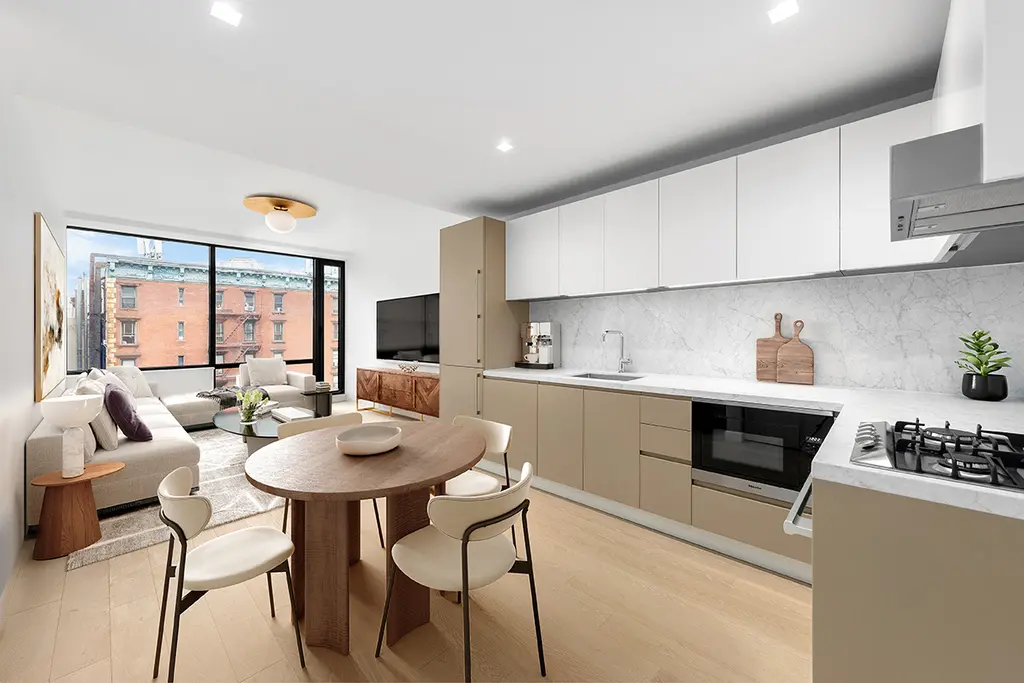
75 First Avenue, #6C (Serhant)
215 West 28th Street
7 availabilities from $2.35M - $5M
12 months paid common charges for a limited time
7 availabilities from $2.35M - $5M
12 months paid common charges for a limited time
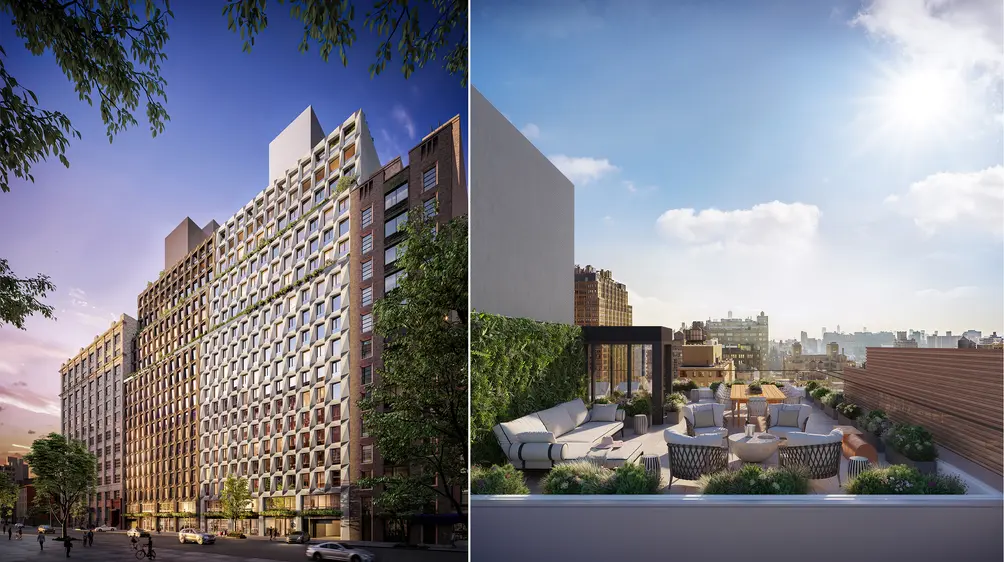 Maverick (Douglas Elliman)
Maverick (Douglas Elliman)

Maverick, #16C (Douglas Elliman Real Estate)
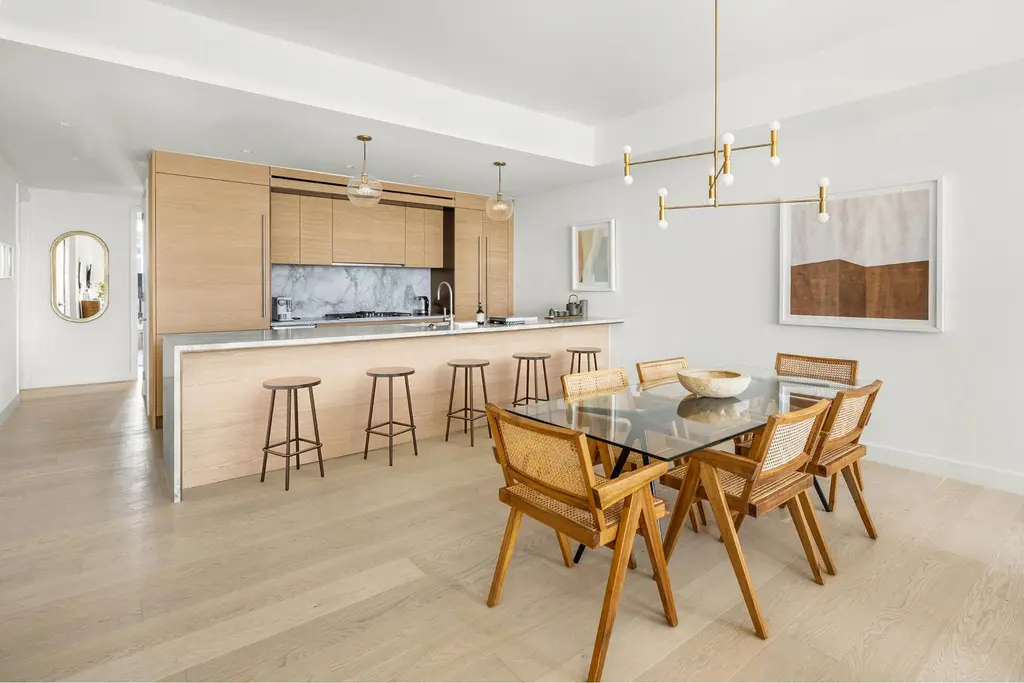
16 West 40th Street
8 availabilities from $2.4M - $18.5M
No common charges for 12 months
Reduced closing costs
8 availabilities from $2.4M - $18.5M
No common charges for 12 months
Reduced closing costs
 The Bryant (Corcoran Group)
The Bryant (Corcoran Group)

The Bryant, #26B (Corcoran Sunshine Marketing Group)

547 West 47th Street
12 availabilities from $745K - $2.3M
Seller-paid closing costs and 12 months free common charges
12 availabilities from $745K - $2.3M
Seller-paid closing costs and 12 months free common charges
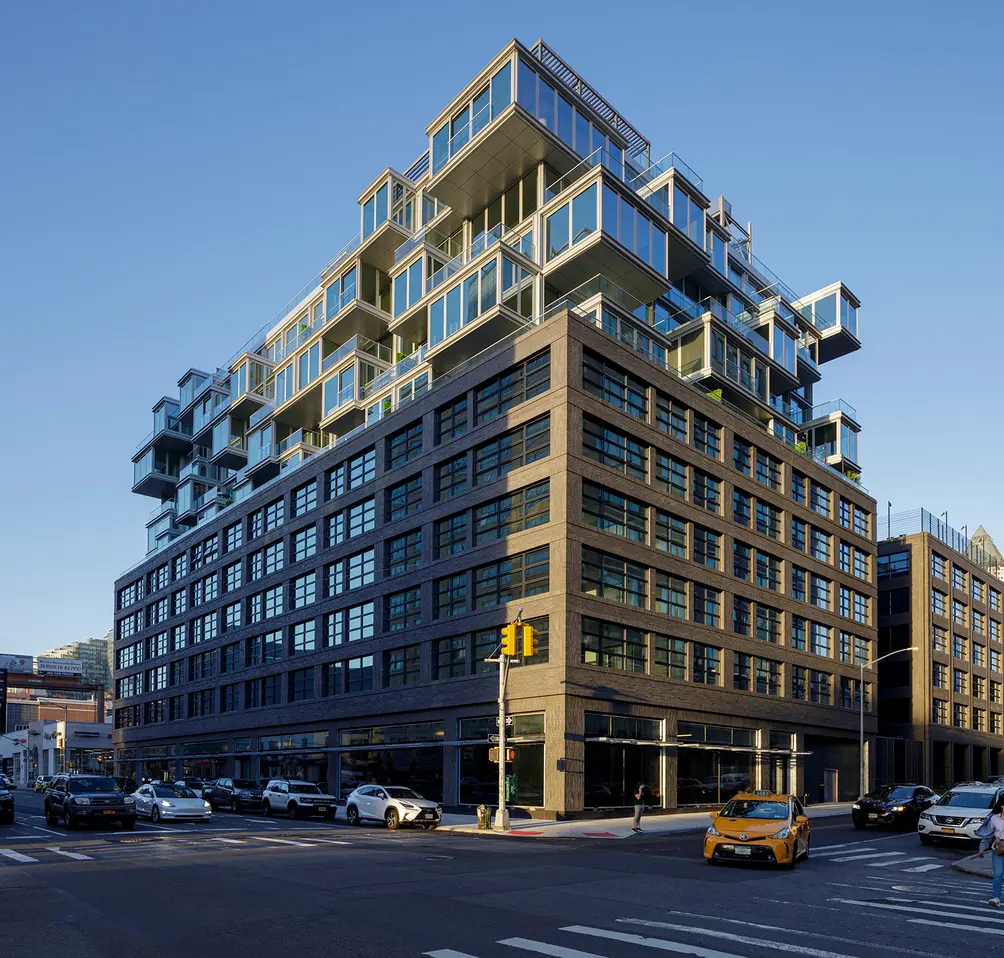 The West Residence Club (Ewout Huibers, courtesy of Concrete)
The West Residence Club (Ewout Huibers, courtesy of Concrete)
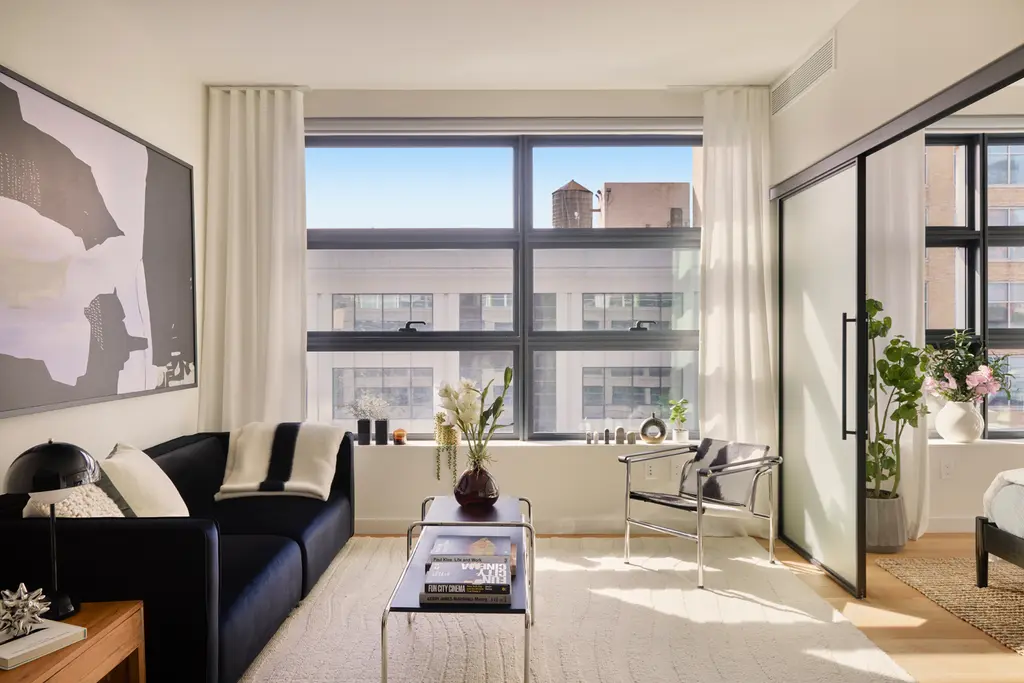
The West Residence Club, #623 (Corcoran Sunshine Marketing Group)
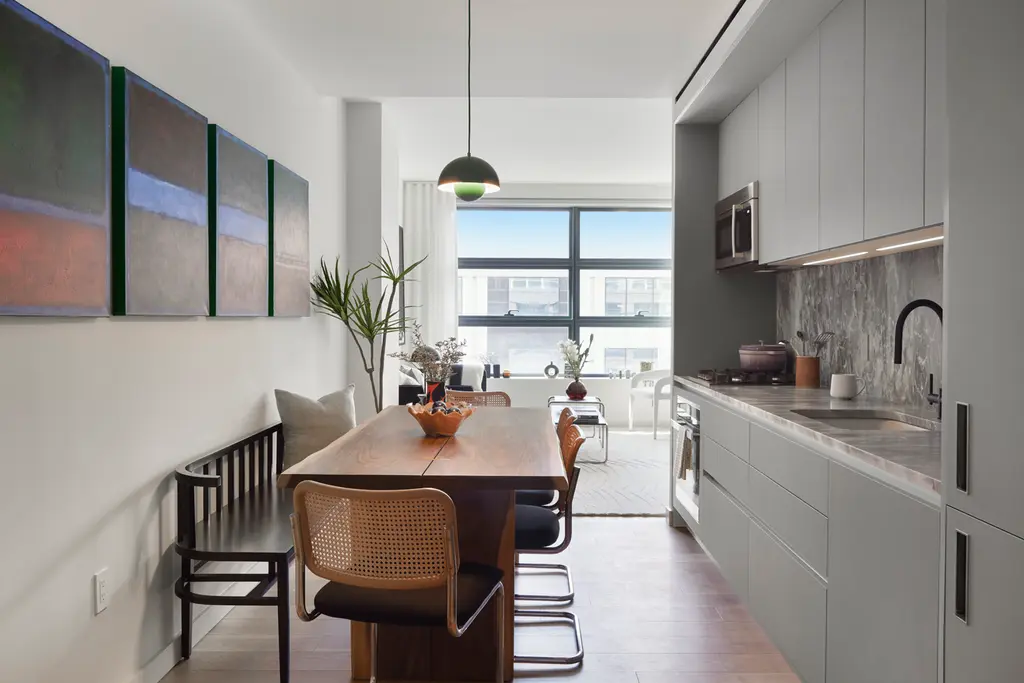
249 East 62nd Street
8 availabilities from $2.48M - $10.5M
One year complimentary membership to concierge medical service Sollis Health
8 availabilities from $2.48M - $10.5M
One year complimentary membership to concierge medical service Sollis Health
 The Treadwell (Brown Harris Stevens)
The Treadwell (Brown Harris Stevens)

The Treadwell, #19A (Brown Harris Stevens Development Marketing LLC)
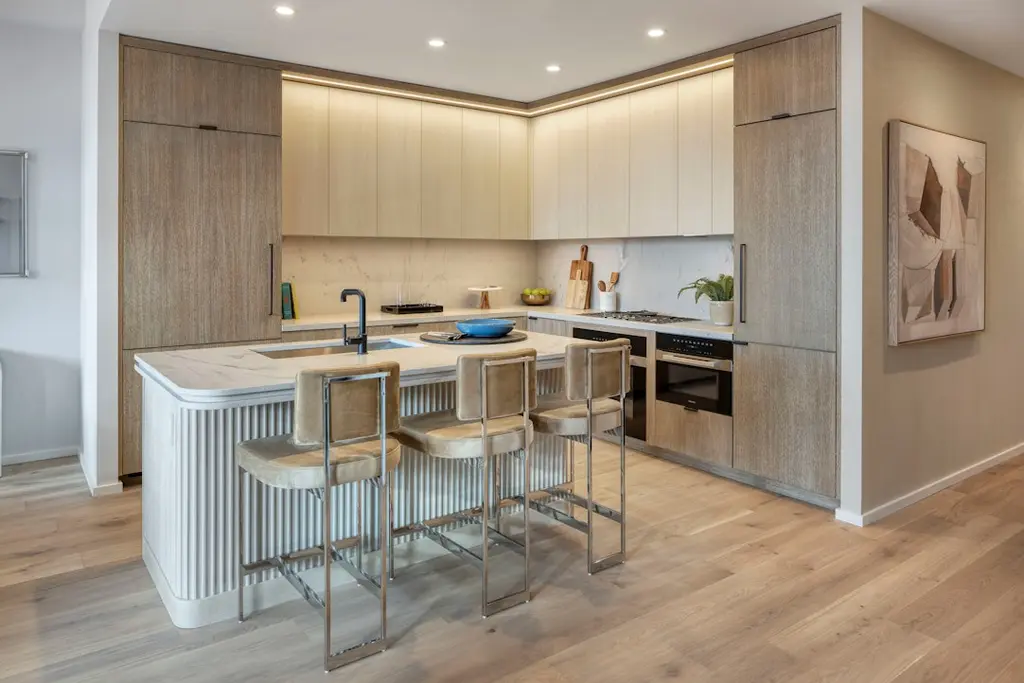
250 West 96th Street
18 availabilities from $1.92M - $9.5M
12 Months of Free Common Charges on Contracts Signed through 6/30/25
18 availabilities from $1.92M - $9.5M
12 Months of Free Common Charges on Contracts Signed through 6/30/25
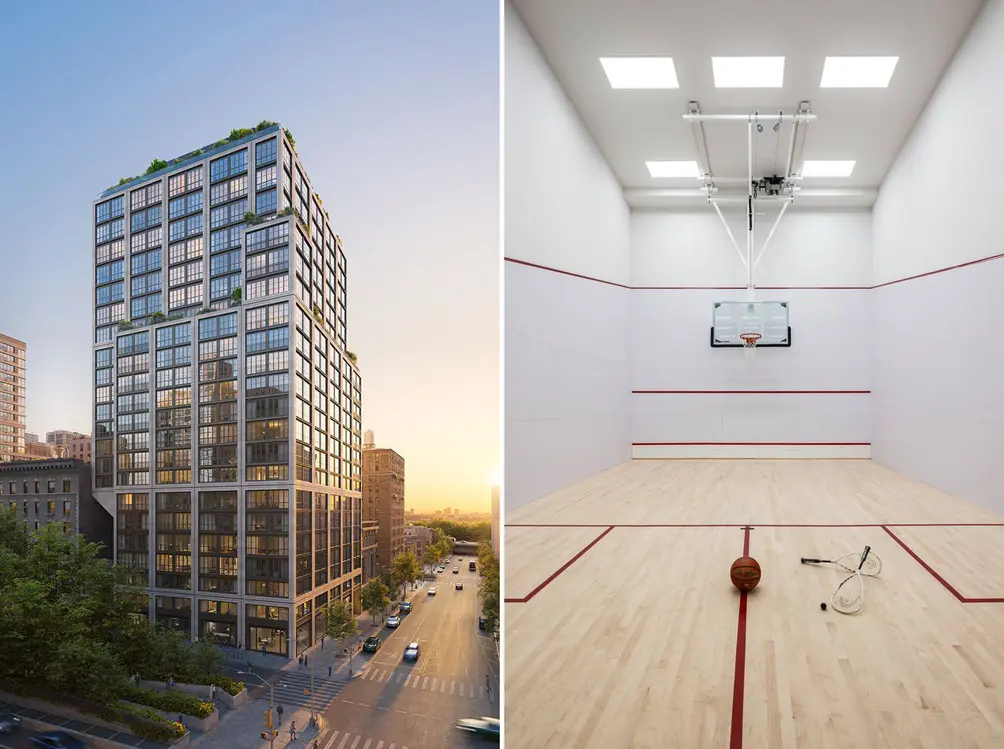 96+Broadway (Compass)
96+Broadway (Compass)
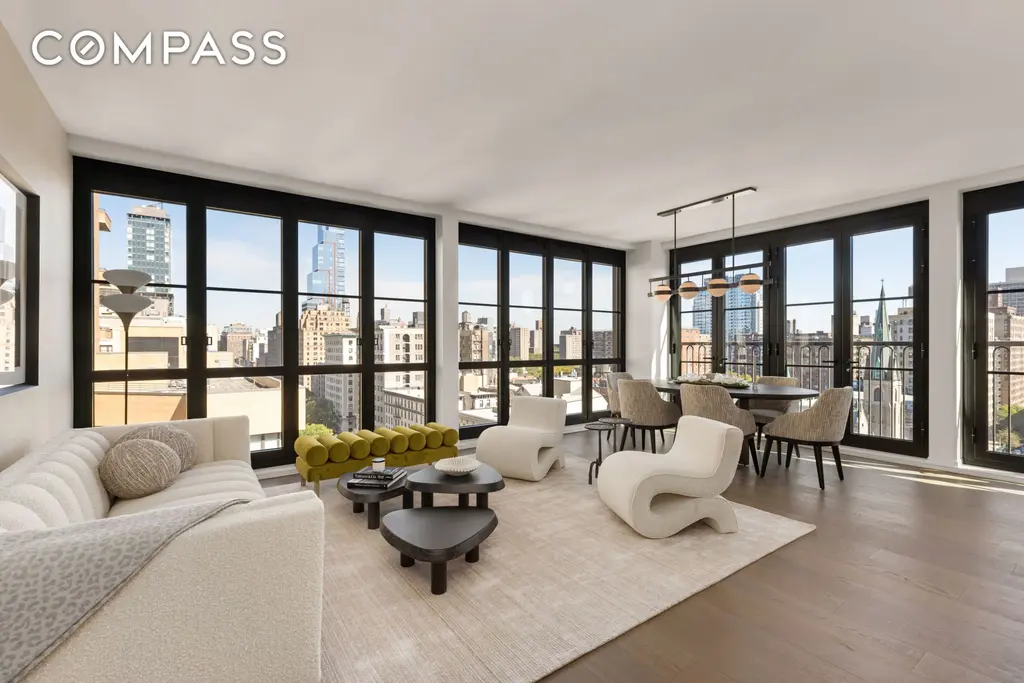
96+Broadway, #21C (Compass)
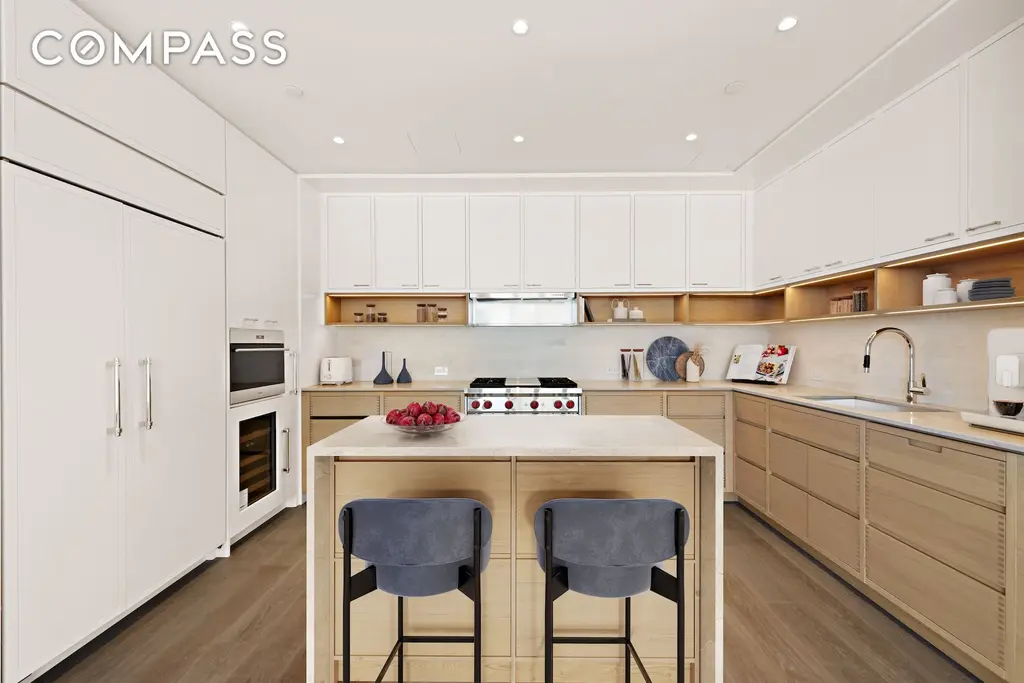
2351 Adam Clayton Powell Jr. Boulevard
5 availabilities from $377K - $925K
Interest rate buy down options
25-year tax abatement in effect
5 availabilities from $377K - $925K
Interest rate buy down options
25-year tax abatement in effect
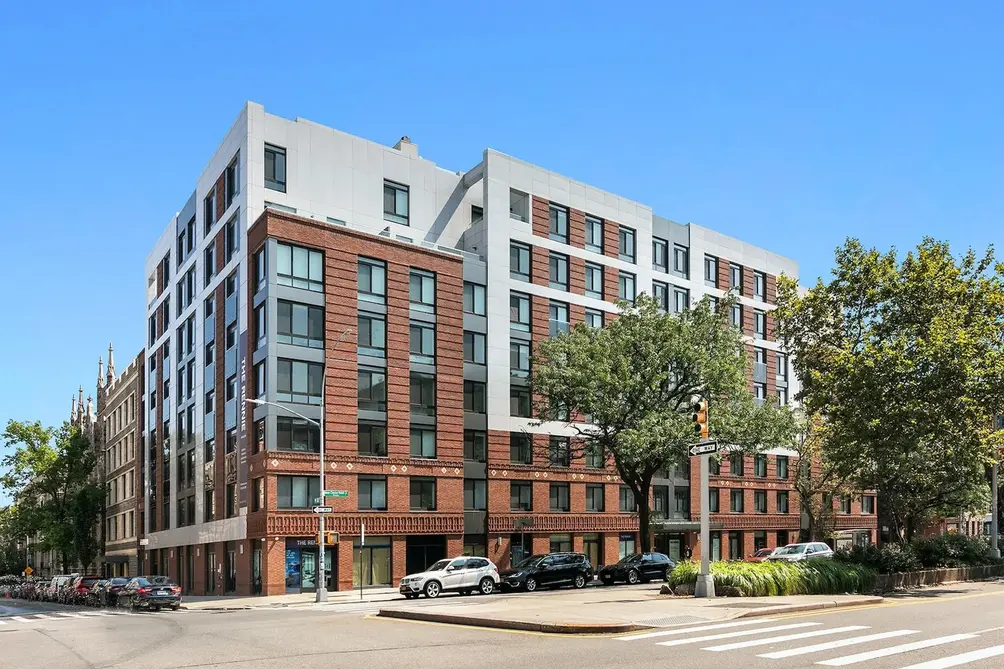 The Rennie (Brown Harris Stevens)
The Rennie (Brown Harris Stevens)

The Rennie, #614 (Brown Harris Stevens Development Marketing LLC)

Brooklyn New Developments with Buyer Incentives
9 Chapel Street
4 availabilities from $1.74M - $3.7M
Up to 2 years of parking paid by developer
4 availabilities from $1.74M - $3.7M
Up to 2 years of parking paid by developer
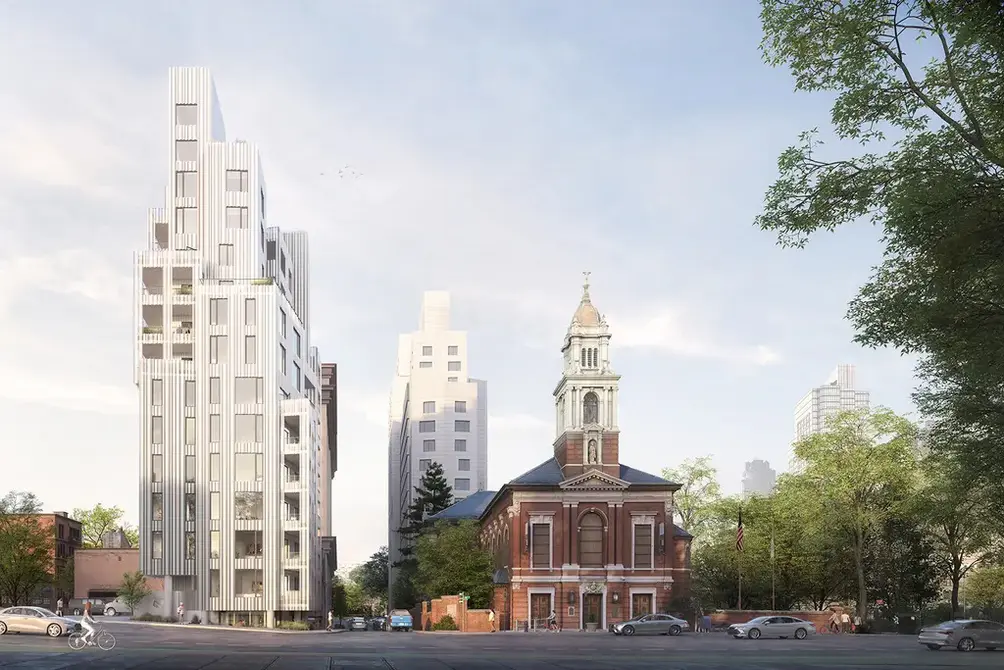 Nine Chapel (Corcoran Group)
Nine Chapel (Corcoran Group)

Nine Chapel, #8A (Corcoran Group)
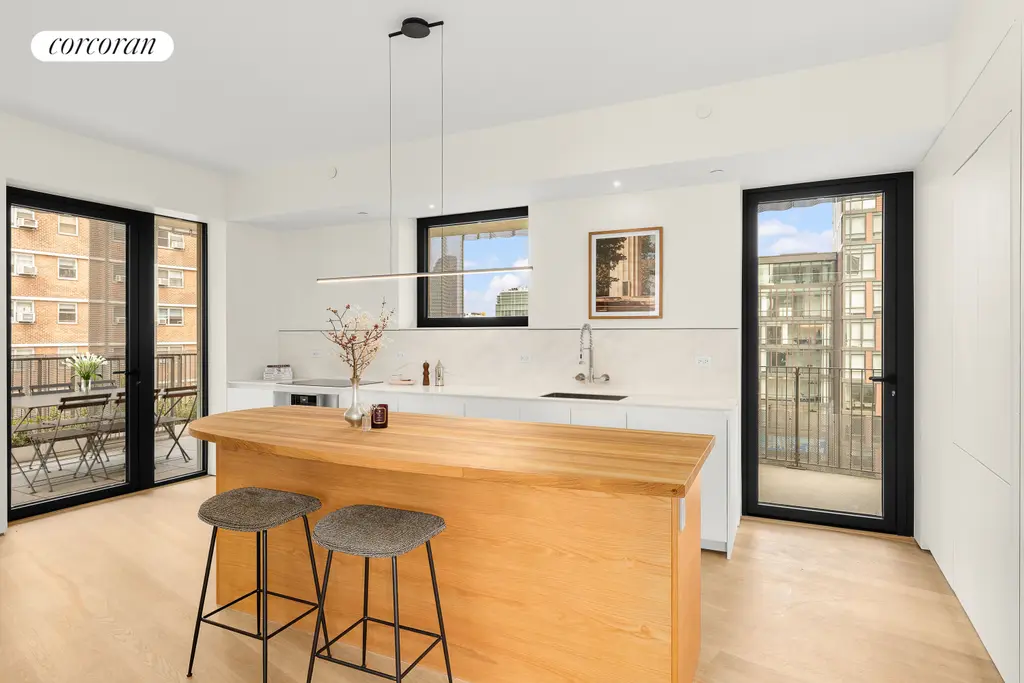
138 Willoughby Street
8 availabilities from $990K - $3.5M
Tax abatement through 2045
8 availabilities from $990K - $3.5M
Tax abatement through 2045
 Brooklyn Point (Evan Joseph)
Brooklyn Point (Evan Joseph)

Brooklyn Point, #23E (Serhant)
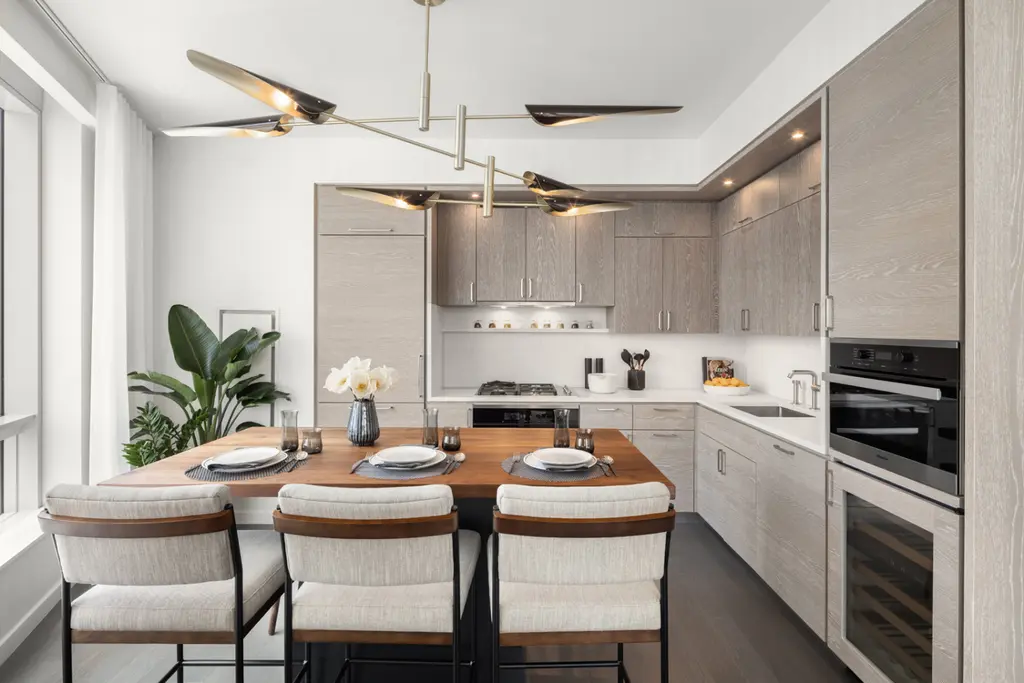
429 Kent Avenue
8 availabilities from $1.25M - $3.45M
421-A Tax Abatement in place until 2032
8 availabilities from $1.25M - $3.45M
421-A Tax Abatement in place until 2032
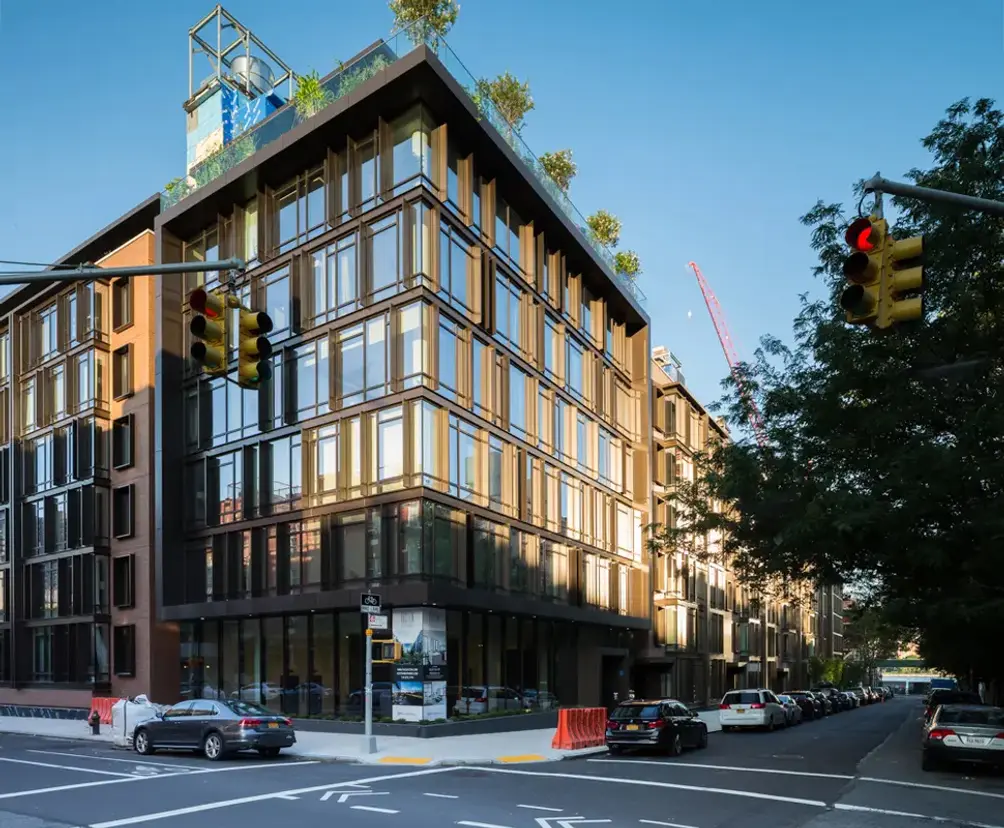 Oosten (Compass)
Oosten (Compass)
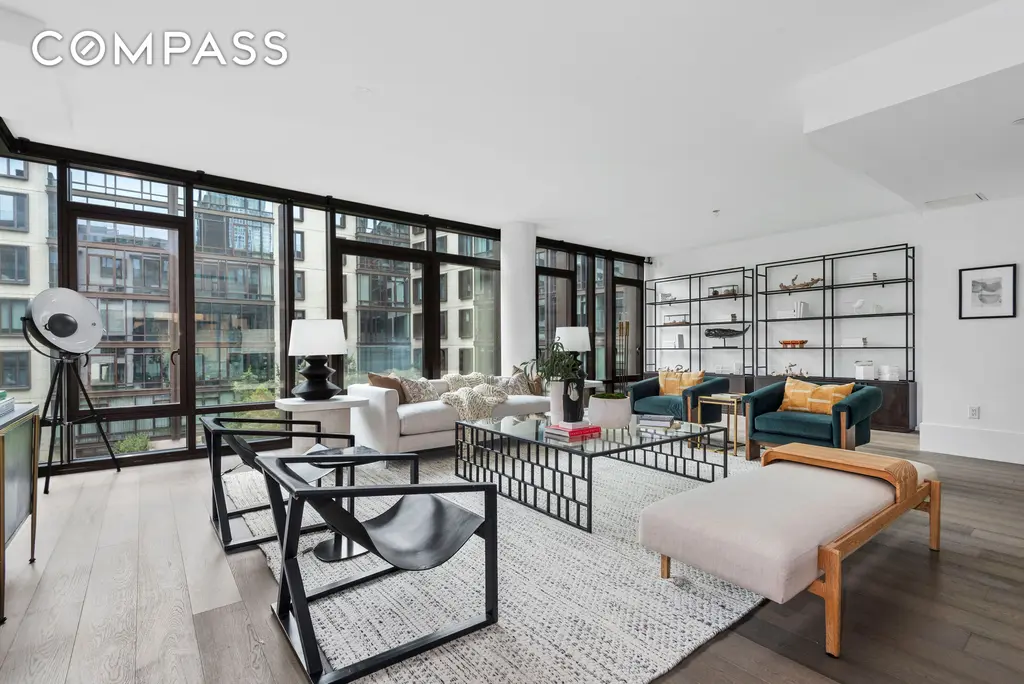
Oosten, #L32 (Compass)
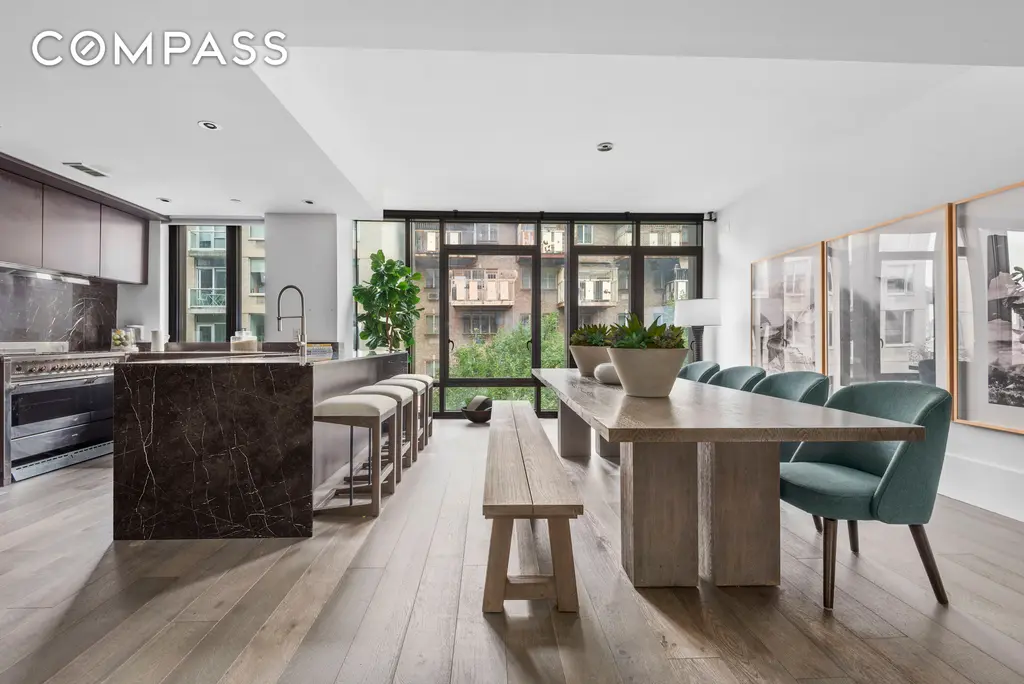
171 Calyer Street
3 availabilities from $2.4M - $3.85M
Sponsor to cover transfer taxes, mansion tax, and one year of common charges and real estate taxes for a limited time
3 availabilities from $2.4M - $3.85M
Sponsor to cover transfer taxes, mansion tax, and one year of common charges and real estate taxes for a limited time
 The Calyer Greenpoint (Douglas Elliman)
The Calyer Greenpoint (Douglas Elliman)
The Calyer Greenpoint, #4B
$3,850,000 (-2.5%)
Greenpoint | Condominium | 4 Bedrooms, 3 Baths | 2,051 ft2

The Calyer Greenpoint, #4B (Douglas Elliman Real Estate)
618 Avenue H
3 availabilities from $859K - $1.1M
2 parking spaces included with purchase and 1 year of paid common charges
3 availabilities from $859K - $1.1M
2 parking spaces included with purchase and 1 year of paid common charges
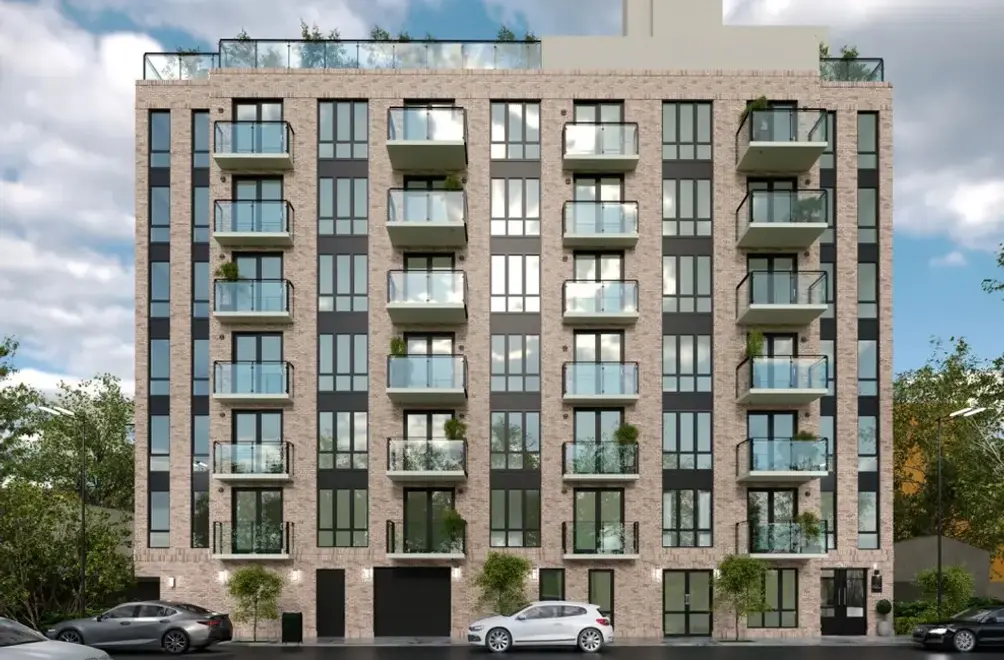 H70 (Corcoran Group)
H70 (Corcoran Group)
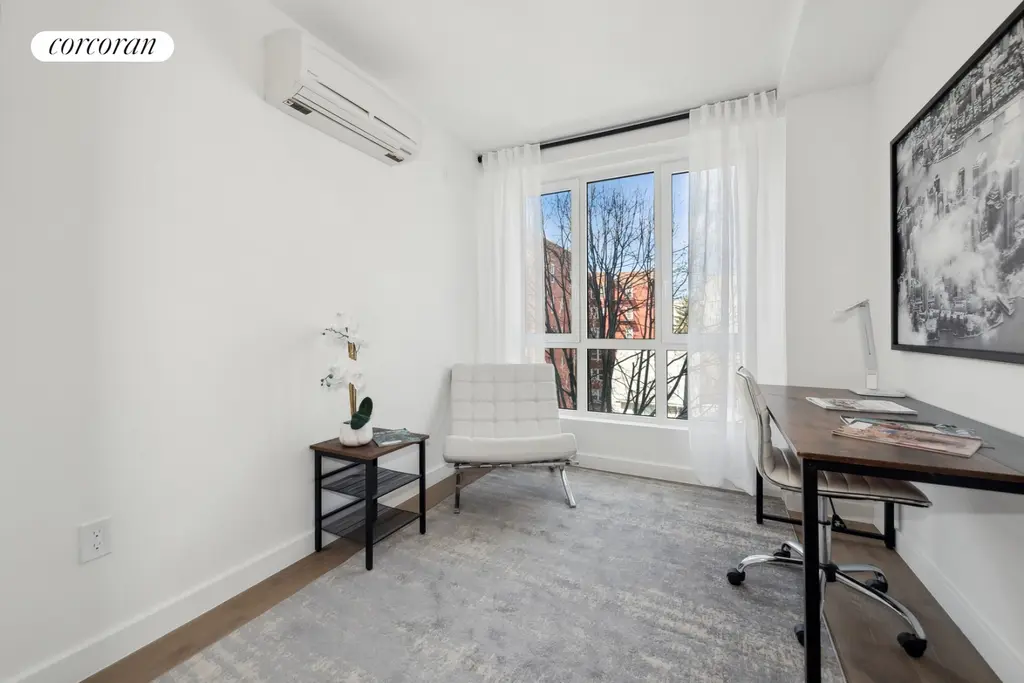
H70, #6B (Corcoran Group)
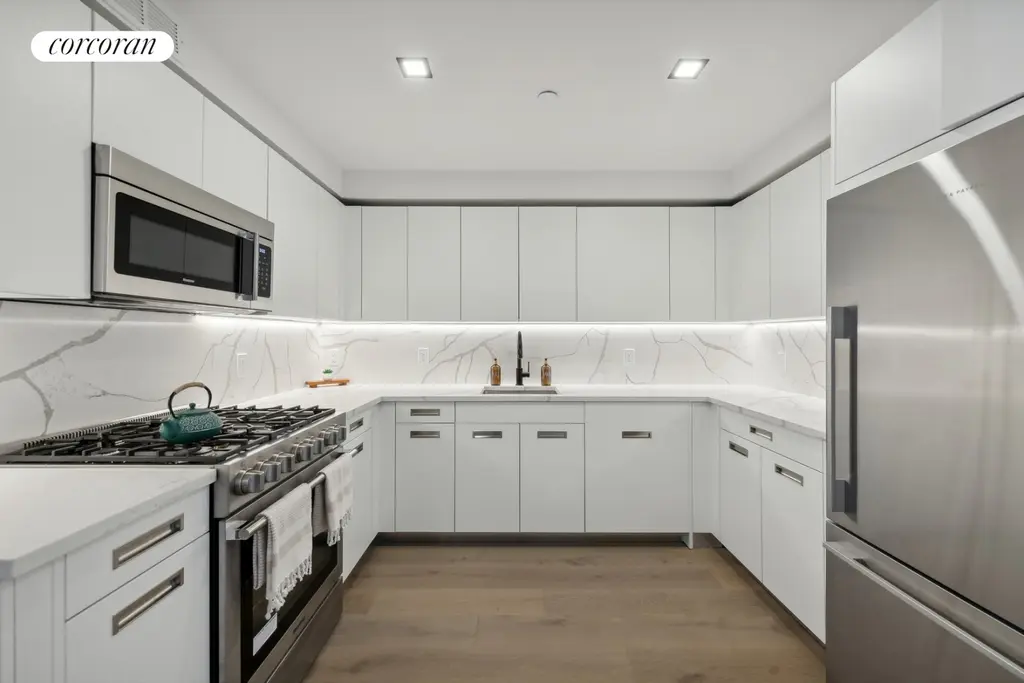
Would you like to tour any of these properties?
Just complete the info below.
Or call us at (212) 755-5544
Would you like to tour any of these properties?

Contributing Writer
Cait Etherington
Cait Etherington has over twenty years of experience working as a journalist and communications consultant. Her articles and reviews have been published in newspapers and magazines across the United States and internationally. An experienced financial writer, Cait is committed to exposing the human side of stories about contemporary business, banking and workplace relations. She also enjoys writing about trends, lifestyles and real estate in New York City where she lives with her family in a cozy apartment on the twentieth floor of a Manhattan high rise.











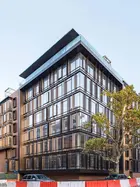


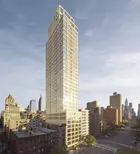


 6sqft delivers the latest on real estate, architecture, and design, straight from New York City.
6sqft delivers the latest on real estate, architecture, and design, straight from New York City.
